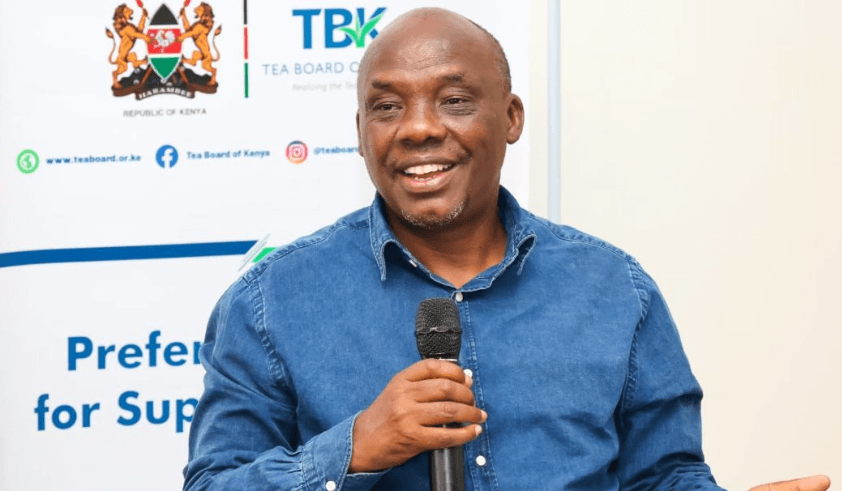In the ever-changing landscape of human rights and social justice, the words of Prof Wangari Maathai still ring true, urging us to take action and fight for the rights we hold dear.
Kenya's 2010 Constitution was celebrated around the world for its progressive nature and the transformative ideals it embodied. It promised a brighter future for the country, with a strong focus on human rights, devolution and democratic principles.
These provisions set a high standard for governmental accountability and inclusivity. However, as positive as these aspects may be, it is evident that Kenya still faces significant challenges in fully realising the potential of its progressive Constitution.
One of the most pressing challenges is the persistent problem of corruption and ineffective governance. Despite constitutional provisions for transparency and accountability, corruption continues to plague us. This hampers development initiatives and erodes public trust.
To fully leverage our potential, we must confront corruption head-on and implement robust governance mechanisms that ensure transparency and accountability.
I have little hope for the current administration's battle against corruption. It is hard to believe they are serious about it because appointing individuals with questionable characters to important ministerial positions was akin to putting a cunning hyena in charge of protecting innocent goats.
Another significant challenge that we must address is the issue of inequality and poverty. While the Constitution strongly emphasises social justice and equitable wealth distribution, many communities and regions in Kenya continue to experience marginalisation, hindering their access to basic services, education, healthcare and opportunities for economic growth.
Utterances by Deputy President Rigathi Gachagua claiming that the government is like a company, where some Kenyans are majority shareholders and others have no shares, is a blatant violation of our Constitution's principles and values.
The Constitution also enshrines socioeconomic rights, such as the right to health, housing and education. However, realising these rights has proven to be a major challenge. Insufficient resources and a lack of effective policies often hinder their implementation.
President Ruto's government has stubbornly advocated a 1.5 per cent deduction for housing levy, despite overwhelming public disapproval. What is truly concerning is the lack of transparent guidelines on how these funds will be utilised. This concoction of ambiguity and uncertainty creates a tempting opportunity for corruption and potential theft.
Despite making progress in promoting gender equality, Kenya still has a long way to go. Although the Constitution includes provisions for equal representation and protection against gender-based violence, women in Kenya continue to face discrimination and limited opportunities in various spheres of life.
Challenging patriarchal norms and ensuring equal access to education, employment and leadership positions for women are essential steps in achieving true gender equality. Gender equality is not solely about championing women's rights, but it encompasses fairness and justice for all genders.
Given the country's large youthful population, youth empowerment and participation are crucial for Kenya's development. While the Constitution recognises the importance of involving young people in decision-making processes, their voices are often marginalised. The youth cannot afford to wait idly for opportunities to come their way but need a vibrant youth movement to rise and claim what rightfully belongs to them.
We must also ensure the independence and effectiveness of the Judiciary. Although the Constitution guarantees judicial autonomy, there have been instances of interference and uneven application of the law. Upholding the rule of law is crucial for maintaining political stability, attracting investment and safeguarding the rights of citizens.
The recent move by the Judiciary to transfer judges, especially those who ruled against the government, has sparked concern. Chief Justice Martha Koome, as president of the Judiciary, should recognise her equal status with President Ruto and not belittle her position.
It is also crucial to explore why our Constitution should allocate a portion of the government’s annual budget to ensure the true independence of the Judiciary, preventing undue influence from the executive and parliament.
While the 2010 Constitution is a significant achievement, the country still faces myriad challenges in fully realising its transformative potential. With continued efforts and a commitment to upholding the ideals enshrined in our constitutional framework, we can pave the way for a brighter, more prosperous and equitable future for all its citizens.
Lawyer and executive director at Muslims for Human Rights (Muhuri). @OmarElmawi












